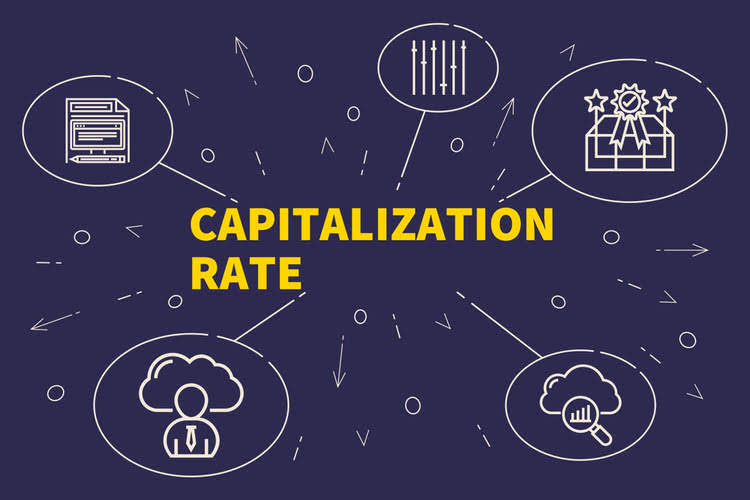


Accrual accounting reports income when the receivable invoice is generated (even if payment hasn’t been received) and expenses when the cost is incurred (but not yet paid for). Streamline your real estate finances with a cash management account that seamlessly integrates with all Stessa has to offer. Both businesses and sole proprietors can enjoy competitive annual percentage yield (APY) rates, no account maintenance fees, and no other hidden fees.
There are a lot of transactions to keep track of with a short-term rental (STR) property. Guests come and go every few days, cleaning and repairs must be completed quickly in order to prepare for the next arrival, and supplies must be replenished. Stessa rental property bookkeeping has a simple rental property analysis spreadsheet that you can download for free. FreshBooks gives useful financial insights to help you make important business decisions, including how much to charge in rent or when to invest in property upgrades.
So if I go to Home Depot for both personal items and rental property items, I check out twice. There are a few things that every real estate investor (or any business owner) needs to get right to set their rental property bookkeeping system up for success. I have been a real estate investor for several years now, and I can’t think of a time when anyone has gotten excited about the topic of rental property accounting. Accurately keeping track of your income and expenses also makes it easier to plan for future expenses so that you have money in the bank when you need it.
If you’re holding your rental property in an LLC, the bank will require copies of your incorporation documents and your federal tax identification number. Landscaping costs may be higher in the summer, but next to nothing in the winter. Or, you may need to install a new HVAC unit next year, so you can set aside a small percentage of your rental income each month to fund a CapEx (capital expenditure) account. You spent time finding the perfect rental, now fill it with a reliable tenant for free. Skip the hassle of manual screening or having to use third party services.
Property owners can manage, monitor, and communicate the performance of real estate assets with partners or tax preparers. Get started using best-in-class accounting software for rental properties with a free 30-day trial. FreshBooks lets you test out our easy-to-use features for a full 30 days before committing — no strings attached and no fine print.

Accurate, IRS-compliant financial reporting starts with proper bookkeeping and accounting. Plus, as you likely know, rental property income and expenses can be unpredictable, making the ability to use accurate financial records to forecast and plan imperative. Once you have set up separate accounts for each of your properties, you will be ready to start tracking your expenses. First, you will need a reliable system for tracking the inflows and outflows of cash for your properties and your business overall. Some business owners might design their own expense worksheets, while others will elect to use rental property accounting software to keep track of their finances. Real estate investors usually use Schedule E (Form 1040) (Supplemental Income and Loss) to report income and expenses related to rental property.
However, because QuickBooks is a general accounting software solution, it doesn’t offer many real estate-specific features that many rental property investors need. The golden rule of rental property accounting is to report all of your income and expenses as much as you (legally) can. Before you can do this, it’s important to understand the different types of expenses and income in a rental property. Since you’re earning money from your rental properties, you will need to report this income when it comes time to file your taxes. Schedule E is a tax form that rental property owners fill out to report their profit or loss for their rental property. You will also need to match your expenses to the correct category on this form provided by the IRS, or at least the closest related expense category possible.
